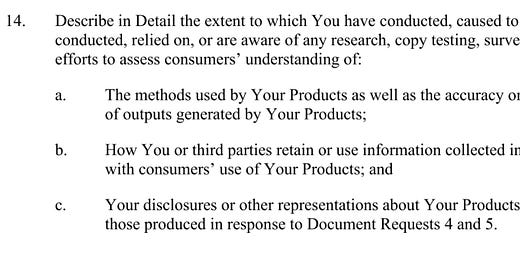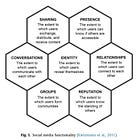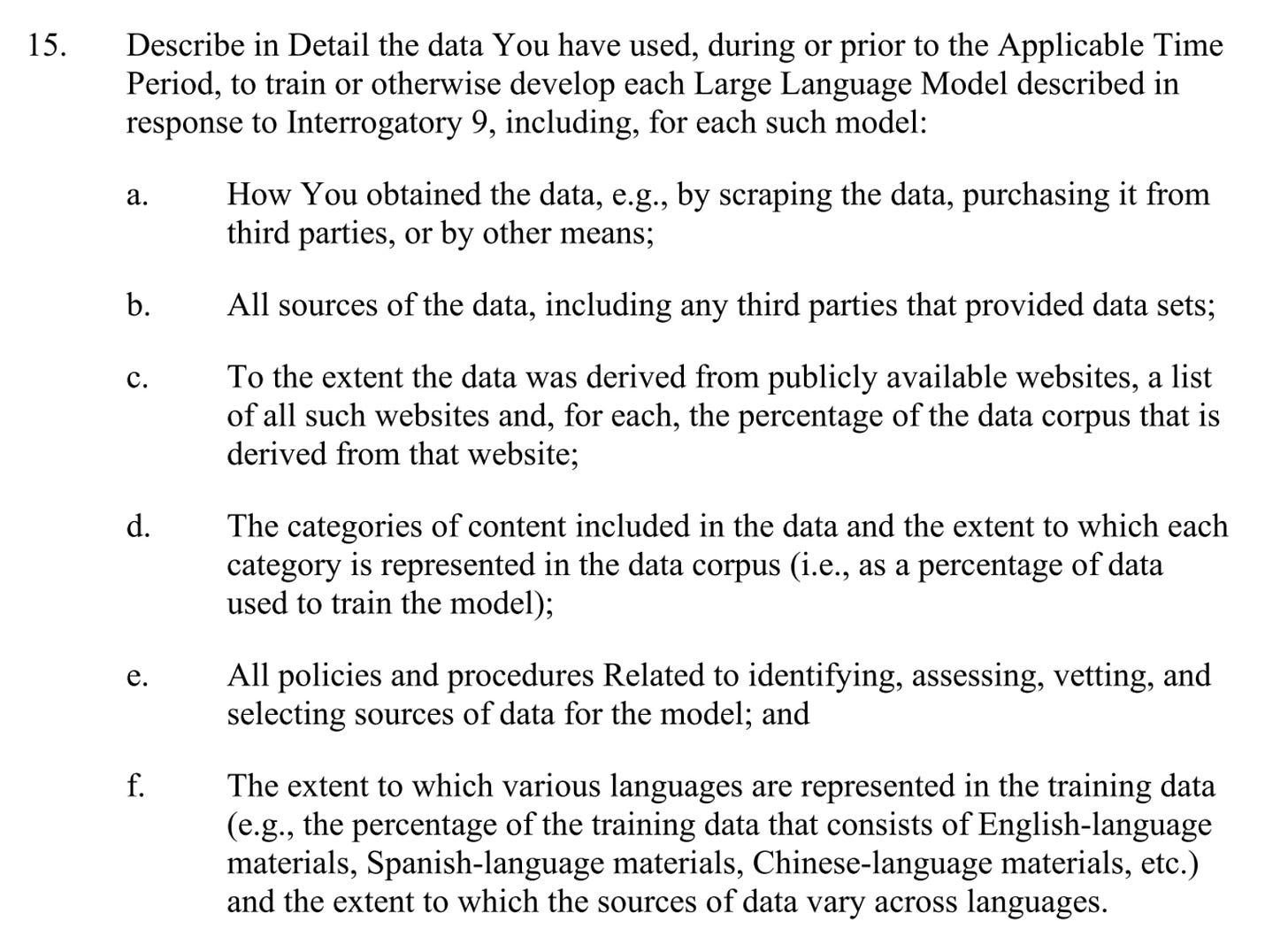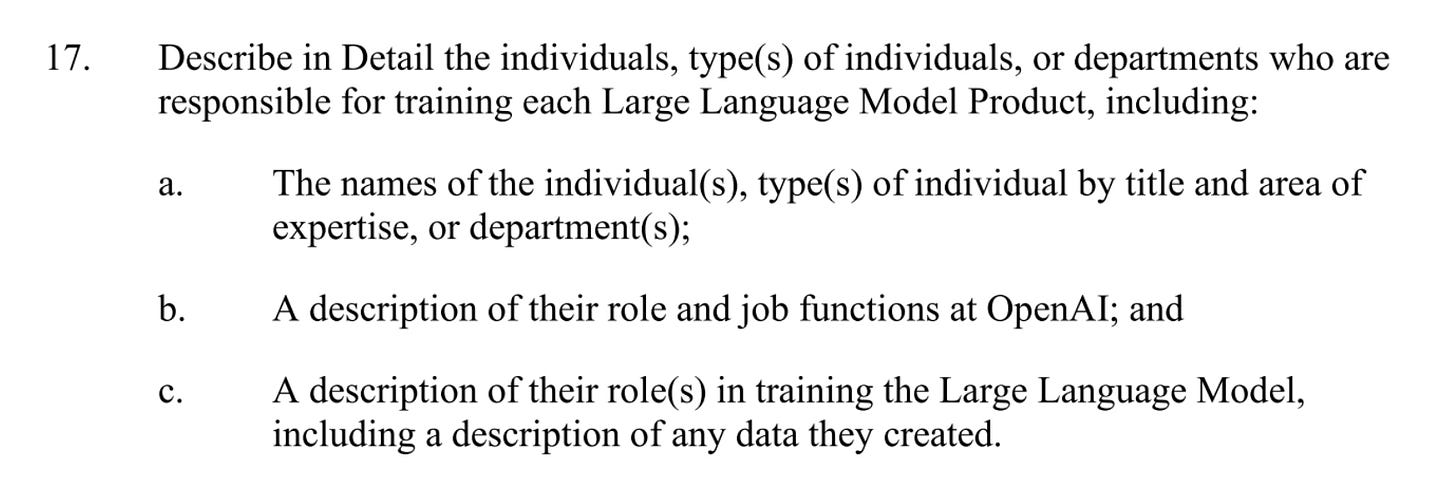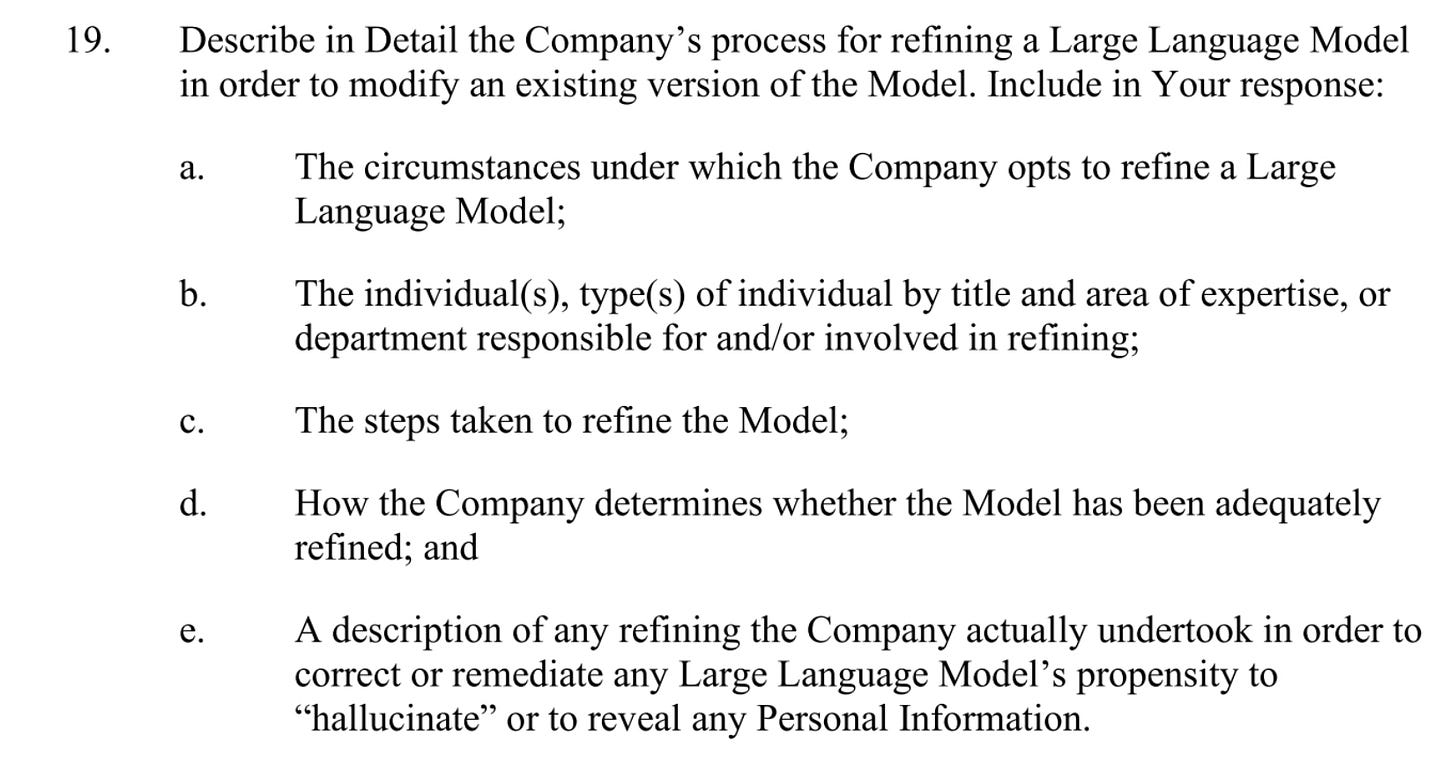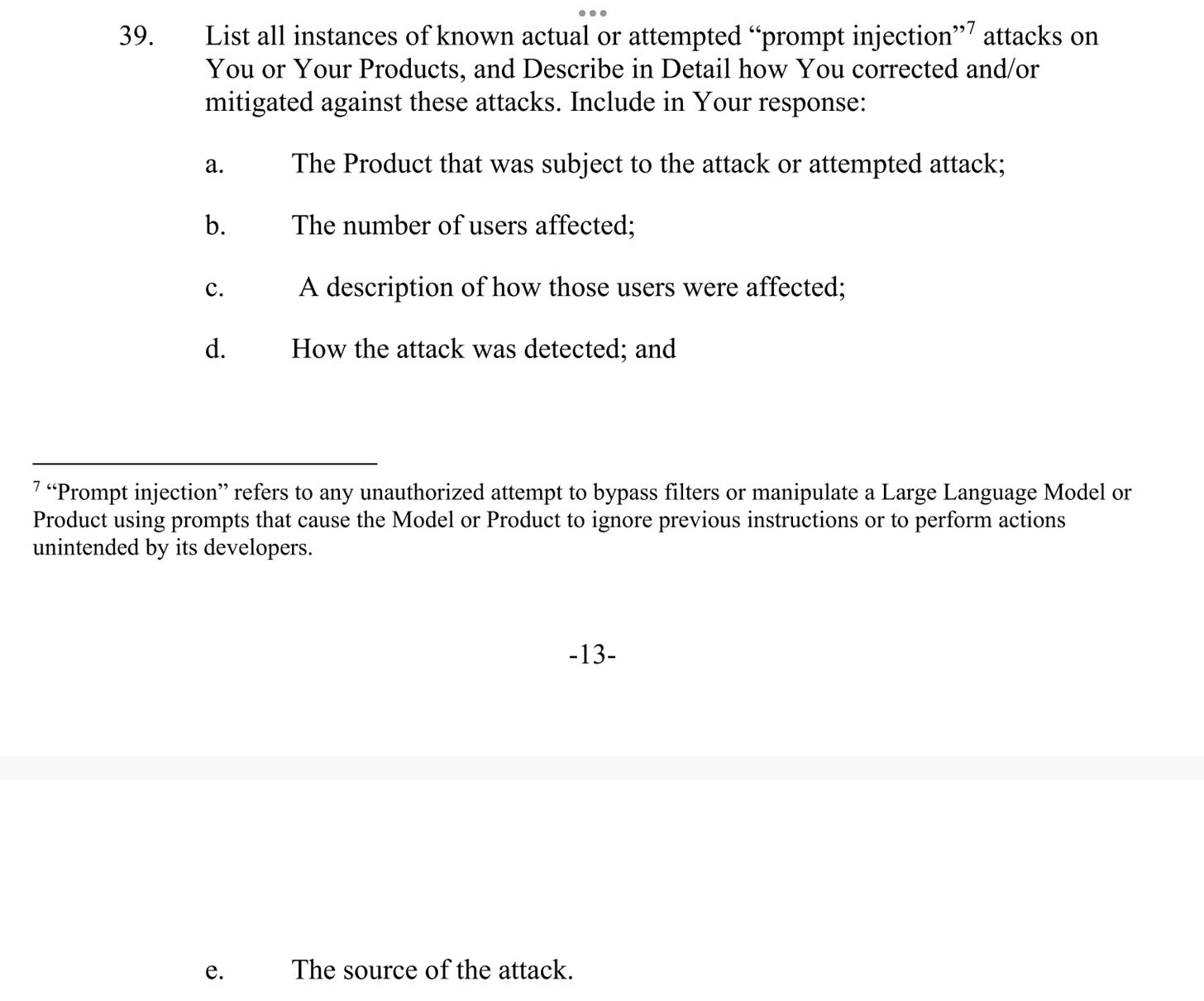Federal Trade Commission Investigation of Open AI and its Large Language Model Commences
What Tangled Webs We Try to Disentangle
The mission of the FTC is to protect consumers from deceptive and unfair business practices and to promote competition in the marketplace. To that end, the Commission notified OpenAI that legal concerns regarding fairness and security around … “making available products and services incorporating, using, or relying on Large Language Models” have arisen. OpenAI has fourteen days to respond to the Commission’s list of interesting and thoughtful questions. The CID went out two or three days ago. OpenAI has five days to assess the question parameters and suggest changes in approach to make their task more efficient and still provide the material required.
The FTC document requires OpenAI to suspend deletions of all work product related to response to the panel of questions. Every word will be preserved. This could be protocol. But it suggests to me the possibility that OpenAI could train an LLM on a curated corpus of internal texts and prompt it to find incriminating evidence for special care or persuasive or even deceptive ways to feed the beast of oversight. The bot is a high quality tool for such a task. I’ve used it for similar tasks, combing, synthesizing, sentiment analysis, far less sinister on my end, relying on its original public training. Imagine if it trained itself on company documents.
An early set of questions asks the company to locate itself as a business entity with a mission on a continuum ranging from caveat emptor to democratic citizen. I’d been searching for a layperson’s explanation of what the bot is doing when it responds without success. When I found the article from Italian researchers who had the language bot sit for two different examinations required to apply to medical school, explained generally in functional terms so I could grasp how the algorithms work, and why the results were as they were, I started to get it. Here’s the link to that piece:
Then the FTC gets interesting. Fully aware of the life-shattering impact its invention would have across society, fully engaged in the exercise of Mills’ sociological imagination, Sam Altman and his corporate lieutenants ought to have assessed consumer understanding of the product and services, including its reliability and accuracy since it traffics in information. If there were glitches like, say, hallucinations, how did the company disclose them and represent itself to consumers? Was it on the up and up?
Another decibel or two on the questions reverberates in the next set. Where did you get your training data? Did you scrape it from the web? Buy it? Do you have a digital bibliography? A quantitative depiction of the volume of content through a Dewey decimal lens? How do you know it’s clean data? How do you vet it?
The humans running the show are of course of interest. What is your organizational chart? Your departments and their heads? What tasks do they do for the company? Significantly, what do they do during training protocols?
The future is coming at us faster and faster. How are you going to decide to refine a model, to upgrade it, to output with greater empathy, say? Who in particular by title and expertise will do the work? How will you test the refinement? Oh, and by the way, what have you done to refine the model to stop its hallucinations?
Zoom sessions were plagued with unexpected guests barging in as I recall, hackers of sorts. I don’t know if it’s still a problem. But it’s a bot problem. Way down on the list of question sets, the FTC pinpoints the issue of hackers. What are you going to do, Sam Altman, if a third part attacks the bot with a “prompt injection” that makes the bot ignore its guidelines or perform erratically?
My intention is to track this investigation and report on it as it unfolds. I have to believe this sort of issue ought to be viewed as a core opportunity to learn and to teach in middle school, high school, and General Education. Young people in school are going to be changed. The upcoming year will establish habits and expectations among students that may be as difficult to change as unringing a bell. Probably the worst option is to ignore it, though I definitely understand the feeling.
